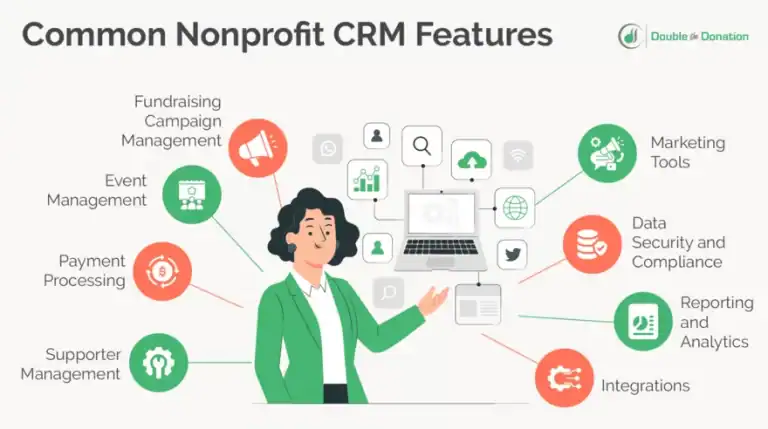Cryptocurrency Donations for Nonprofits: A 101
Cryptocurrency donations are on the rise, but many nonprofits are still unsure about how to accept and manage these types of contributions. This guide will introduce you to cryptocurrency donations, explaining what they are, how they work, and how nonprofits can benefit from them.
What is Cryptocurrency?
Cryptocurrency is a form of digital currency that uses blockchain technology to ensure secure, transparent transactions. Popular examples include Bitcoin, Ethereum, and Litecoin.
How Can Nonprofits Benefit from Cryptocurrency Donations?
-
Access to New Donor Segments: Cryptocurrency donations allow nonprofits to tap into a growing demographic of tech-savvy individuals interested in supporting causes via digital currency.
-
Lower Transaction Fees: Compared to traditional payment systems, cryptocurrency transactions often come with lower fees, ensuring that more of the donation goes directly to the cause.
-
Increased Donation Amounts: Some studies have shown that cryptocurrency donors tend to give higher amounts due to the tax benefits they may receive.
How to Accept Cryptocurrency Donations
-
Set Up a Cryptocurrency Wallet: To accept donations, you need to set up a digital wallet where donations will be stored.
-
Work with a Payment Processor: Platforms like BitPay or The Giving Block make it easier for nonprofits to accept cryptocurrency by converting the digital currency into traditional money if needed.
-
Ensure Security: Be sure to implement strong security measures to protect both your organization and your donors.
Conclusion
Cryptocurrency donations are an innovative way for nonprofits to diversify their funding sources. With the right tools and strategies, accepting crypto can bring a host of new opportunities for your organization.




